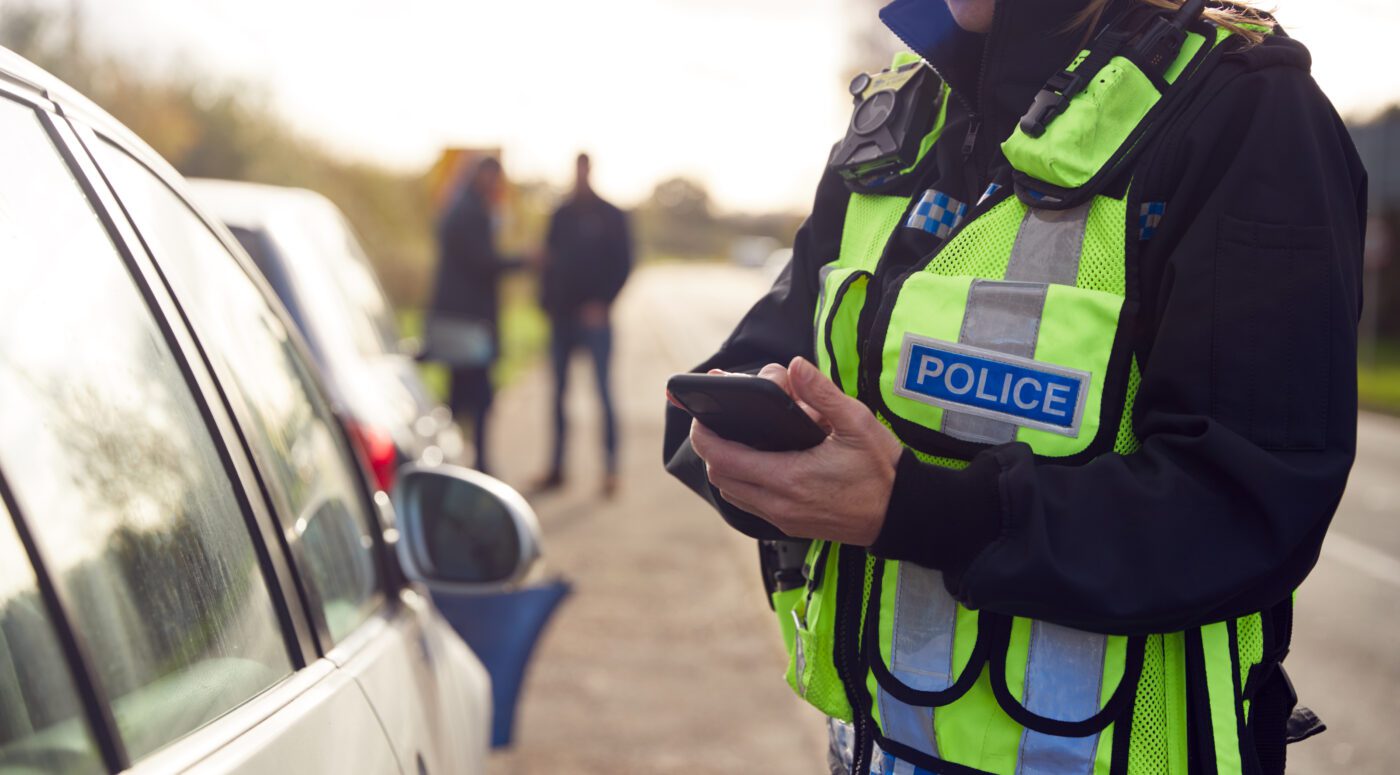

Being accused of human trafficking is one of the most serious situations you can face in the criminal justice system. You may be struggling to understand exactly what the charges mean, feeling overwhelmed by the potential consequences, and desperately seeking information about whether there is any possibility of avoiding immediate imprisonment. This article aims to provide you with a thorough understanding of human trafficking offences under English law, the sentencing framework that courts apply, how suspended sentences function, and what you can do to present your case in the best possible light.
What is human trafficking?
Human trafficking is a grave criminal offence involving the recruitment, transportation, transfer, harbouring, or receipt of persons through force, fraud, coercion, or deception for the purpose of exploitation. It represents a serious violation of human rights and dignity, and is prosecuted with considerable severity in England and Wales.
The primary legislation is the Modern Slavery Act 2015, which consolidated and strengthened previous laws. Section 2 of the Act creates the offence of human trafficking, which applies when a person arranges or facilitates the travel of another person with a view to that person being exploited. The exploitation can take various forms, including sexual exploitation, forced labour, slavery or servitude, removal of organs, or securing services by force, threats, or deception.
Crucially, the consent of the victim is irrelevant if any form of coercion, deception, or abuse of a position of vulnerability is present. For child victims (those under 18), trafficking is established if travel is arranged or facilitated for exploitation, regardless of whether any coercion or deception is used.
Examples of human trafficking include bringing individuals into the UK with false promises of legitimate work, only to force them into prostitution or cannabis cultivation; transporting people between cities for sexual exploitation; recruiting vulnerable individuals for labour exploitation in agriculture, construction, or domestic servitude; or harbouring victims in properties where they are controlled and exploited. The offence can occur entirely within the UK (internal trafficking) or involve international movement.
The Act also creates related offences, including slavery, servitude and forced or compulsory labour (Section 1), and arranging or facilitating the commission of child sexual exploitation (Section 4).
What are the usual sentences for human trafficking?
Human trafficking is treated as an exceptionally serious offence. The maximum sentence under Section 2 of the Modern Slavery Act 2015 is life imprisonment, reflecting the gravity of these crimes. However, actual sentences vary considerably depending on the specific circumstances, the role played by the defendant, and the harm caused.
The Sentencing Council has published guidelines for modern slavery offences, categorising cases according to culpability and harm. Culpability is assessed by reference to factors such as whether the defendant was the leader or organiser of trafficking activity, whether they acted for financial gain, the degree of planning and sophistication, and whether they abused a position of trust. Harm is assessed by the nature and duration of exploitation, the number of victims, the impact on victims (including physical and psychological harm), and the vulnerability of victims.
At the highest level of seriousness – involving leadership of a trafficking network, multiple victims, sophisticated operation, serious exploitation including sexual exploitation or serious violence, and substantial financial gain – sentences can range from 9 to 20 years’ imprisonment, or even life in the most extreme cases. Mid-range cases involving significant but less sophisticated operations, fewer victims, or lesser roles might attract sentences of 4 to 10 years. At the lower end, involving peripheral roles, very limited participation, minimal exploitation, and strong mitigation, sentences might range from community orders to around 4 years’ custody.
What is a suspended sentence and how does it work?
A suspended sentence is a prison sentence that the court imposes but then suspends, meaning you do not go to prison immediately. Instead, you are given an opportunity to serve the sentence in the community, subject to complying with specific conditions during a supervision period. The court sets both the length of the custodial sentence (maximum 2 years for a single offence) and the length of the supervision period (between 6 months and 2 years).
You must comply with requirements ordered by the court. These typically include unpaid work (community service), participation in rehabilitation programmes, compliance with a curfew (often monitored electronically), residence at a specified address, or exclusion from certain locations. You must also refrain from committing further offences.
If you complete the supervision period while complying with all requirements and committing no new offences, the suspended sentence expires and you will not serve any time in custody. That being said, if you breach any requirement or are convicted of another offence during the supervision period, you will serve the prison term in addition to any penalty for the breach or new conviction.
Can human trafficking result in a suspended sentence?
The reality is that suspended sentences for human trafficking are extremely rare and only possible in highly exceptional circumstances. The seriousness of trafficking offences, the harm caused to victims, and the sentencing guidelines mean that the vast majority of cases result in immediate custody, often involving substantial prison terms.
Suspended sentences can only be imposed where the court determines that a sentence of 2 years or less is appropriate. For human trafficking, this would only apply in genuinely exceptional cases involving very peripheral roles, minimal actual exploitation, strong evidence of coercion or exploitation of the defendant themselves, and compelling personal mitigation.
For example, if someone played a very minor, passive role in a trafficking operation, was themselves a victim of exploitation or coercion, acted under duress, the trafficking was limited in scope and duration, no serious exploitation occurred, and there are exceptional personal circumstances (such as being the sole carer for severely disabled children), a suspended sentence might be considered.
What factors do courts consider when deciding on a suspended sentence for human trafficking?
In the rare cases where a suspended sentence might be considered, judges undertake a very detailed assessment. Your role and level of involvement are the court’s top concern: were you a leader, organiser, or exploiter? Or were you a peripheral participant? Defendants who were themselves victims of trafficking usually receive substantial mitigation.
- The nature and extent of exploitation are crucial. Was it sexual exploitation or labour exploitation? How many victims were involved? What harm did victims suffer? Greater exploitation makes suspension highly unlikely.
- The sophistication and scale matter. Organised, sophisticated operations involving planning and false documents are more serious than opportunistic conduct. Financial gain is a significant aggravating factor.
- Your motivation is relevant. Were you acting for financial gain, or were you coerced? Evidence that you took steps to mitigate harm to victims may provide some mitigation.
- Personal circumstances can be compelling in borderline cases. Evidence that you were yourself a victim of exploitation or domestic abuse is highly relevant. Sole carer responsibilities, serious health conditions, or evidence of rehabilitation may support suspension in exceptional cases.
- Aggravating factors include previous convictions, abuse of positions of trust, obstruction of investigations, and targeting particularly vulnerable victims.
How serious does the offence have to be for a prison sentence for human trafficking?
Given the seriousness of human trafficking, virtually all cases cross the custody threshold. Even at the lowest level of the sentencing guidelines, where culpability and harm are minimal, the starting point is a community order with a high-level community order or short custodial sentence. For anything beyond the most peripheral involvement or where any significant exploitation occurred, immediate custody is overwhelmingly likely.
Cases involving organising or facilitating trafficking, multiple victims, exploitation over weeks or months, sexual exploitation, violence, or financial gain will invariably result in immediate imprisonment, typically measured in years.
Only in genuinely exceptional cases might the custody threshold not be crossed or a sentence sufficiently short to permit suspension be imposed.
What can I do to improve my chances of getting a suspended sentence for human trafficking?
Given the severity of trafficking allegations, immediate instruction of specialist criminal defence solicitors with experience in modern slavery cases is critical. These cases are legally and factually complex, often involving international elements, vulnerable witnesses, and detailed evidence. Expert lawyers can scrutinise the evidence, identify weaknesses in the prosecution case, explore defences (including the statutory defence for trafficking victims who commit offences), and present mitigation effectively.
If the evidence establishes your involvement, the focus must be on mitigation. If you were yourself a victim of trafficking, exploitation, or domestic abuse, gather comprehensive evidence: evidence from specialist support organisations, psychological or psychiatric reports, evidence of your own vulnerabilities, and testimony about how you were recruited, controlled, or coerced. The Modern Slavery Act provides a statutory defence for victims who commit offences as a direct consequence of their trafficking situation.
Provide detailed evidence of your personal circumstances: medical evidence for physical or mental health conditions, evidence of caring responsibilities (particularly if you are the sole carer for children or disabled family members), character references, evidence of employment and community ties, and proof of positive contributions such as voluntary work.
Where to get more help
The team at Stuart Miller Solicitors have substantial experience defending clients facing serious modern slavery allegations, including representing trafficking victims who face charges and we are committed to providing expert, compassionate advice and vigorous representation to secure the best achievable outcome. Contact us immediately for a no obligation and fully confidential consultation about your case and how we can assist you.
OUR COMMITMENTS TO YOU:
-
Responsive
A legal expert will consult you within 24 hours of making an enquiry.
-
Empathetic
We will always treat you with trust, understanding and respect.
-
Specialised
Your case will be handled by an expert who specialises in your type of offence.
-
Proactive
We will take early action to end proceedings as soon as it is practically and legally possible to do so.
-
Engaged
You will be kept updated on your case at all times. We will provide a named contact available to answer your questions.
-
Caring
We understand this is a difficult and stressful time for you and your family. Our team will support you every step of the way.
-
Tenacious
We will never give up on your case. We fight tirelessly to get you the best possible outcome.
